For five years, rotterzwam has been developing a decentralized solution for the highest possible quality processing of coffee grounds. A unique collaboration has been established with the "Back to the Soil" project, part of the POP3 program. With financial support from the Province of South Holland and the European Union, two arable farmers, Wageningen University & Research, and rotterzwam will spend three years studying the effects of applying spent coffee grounds substrate from mushroom cultivation to the land.
It's as old as time: applying organic matter, whether in the form of compost or otherwise, to the soil. It's a good way to maintain the soil's organic matter content, and thus its fertility. But with the advent of artificial fertilizers and modern urban waste management through incineration, that cycle has been partially broken.
Partly as a result of this, the organic matter content in soils is declining worldwide. So drastically, in fact, that the United Nations declared 2015 the Year of the Soil. Something has to change. Wouldn't it be wonderful if farmers could do something with all that organic matter from the city? Minister Schouten recognizes this too, and she wants to leverage the transition to circular agriculture now.
However, the waste streams from the modern city are polluted. Organic waste contains plastic, and organic waste is mixed with residual waste. All of this is of such low quality that farmers cannot use it, or only to a limited extent. However, with the rise of urban farming and waste separation over the past 10 years, relatively high-quality mono-streams are becoming available. Such as coffee grounds, already used in mushroom cultivation.
Wouldn't it be great if farmers near a large city like Rotterdam could spread coffee grounds on their fields? Coffee grounds saved from incineration, CO2 bound in the soil, organic matter content increased, and perhaps even a boost for soil life. This project also aligns with the biomass vision 2018 of Nature and Environment which is about the role of biomass in a sustainable economy.
There are opportunities here, but current laws and regulations pose obstacles. Coffee grounds are classified as waste, and that status limits what can be done with them. Over the next three years, after a critical preliminary study, Den Ouden Landbouw from Voorne-Putten will spread spent coffee grounds substrate containing rot fungus on several test plots. Wageningen University will investigate the effects of this substrate on soil life, nutrient uptake, organic matter content, and yields. The South Holland South Environmental Agency, an environmental agency in the Hoeksche Waard region, and the Central Holland Environmental Agency are involved in the legal aspects. As supervisors and permit issuers, they are involved in both the research and the actual spreading. If the effects prove positive after three years, the goal is to change the legal status of coffee grounds from waste to raw material and enable the large-scale spreading of coffee grounds and spent substrate for oyster mushroom cultivation.

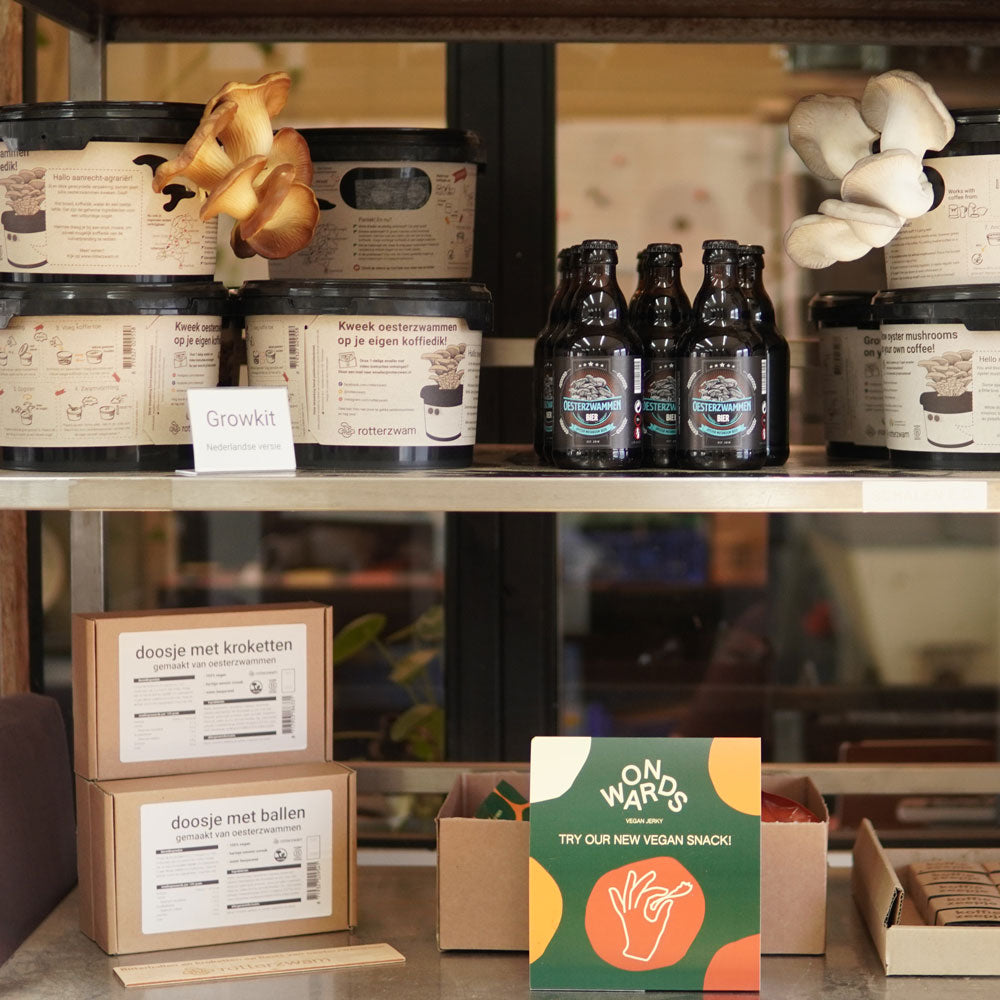
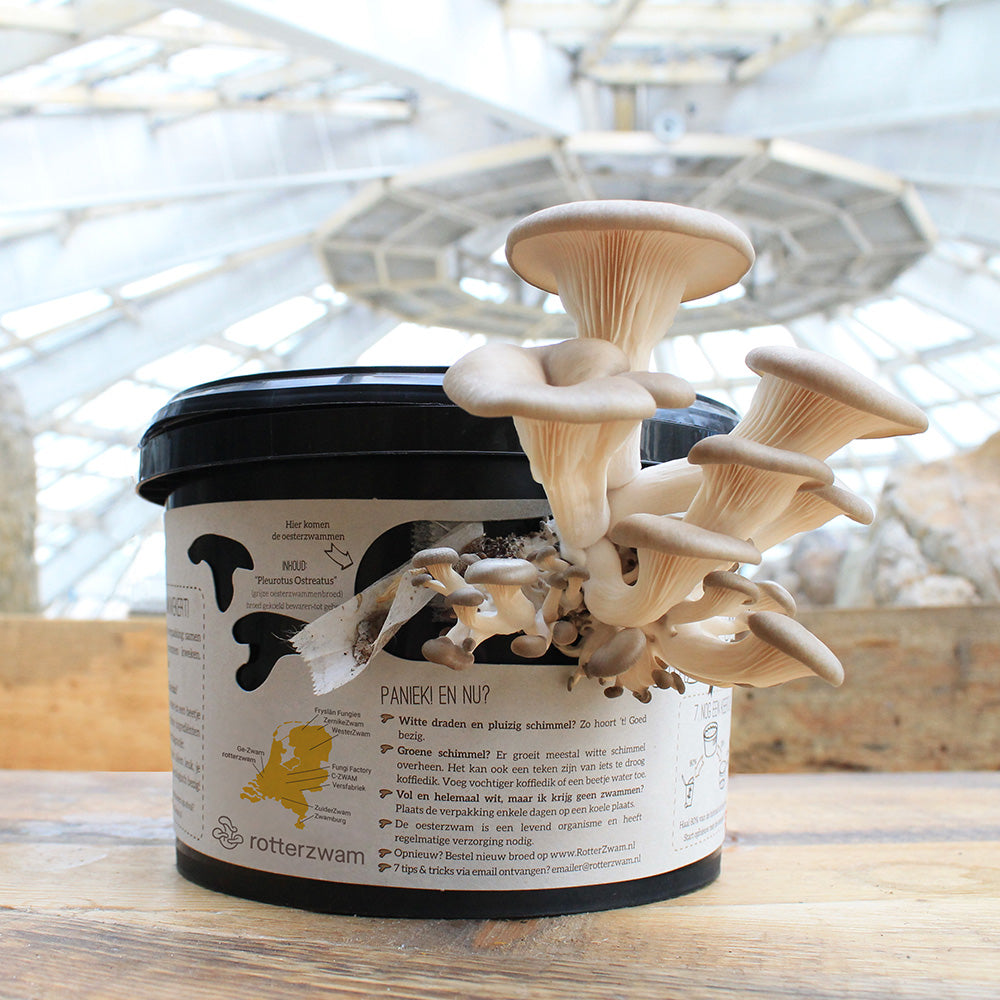
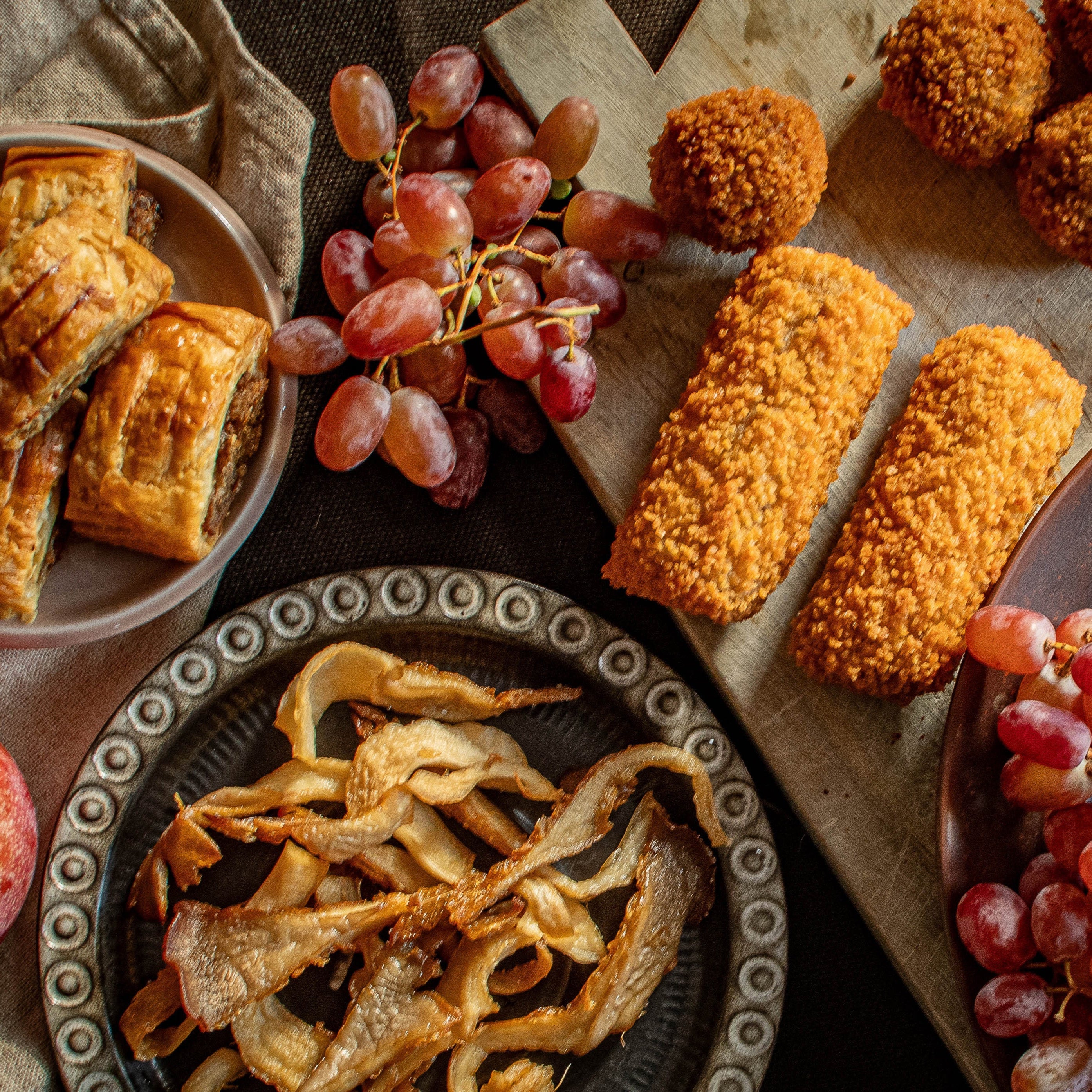
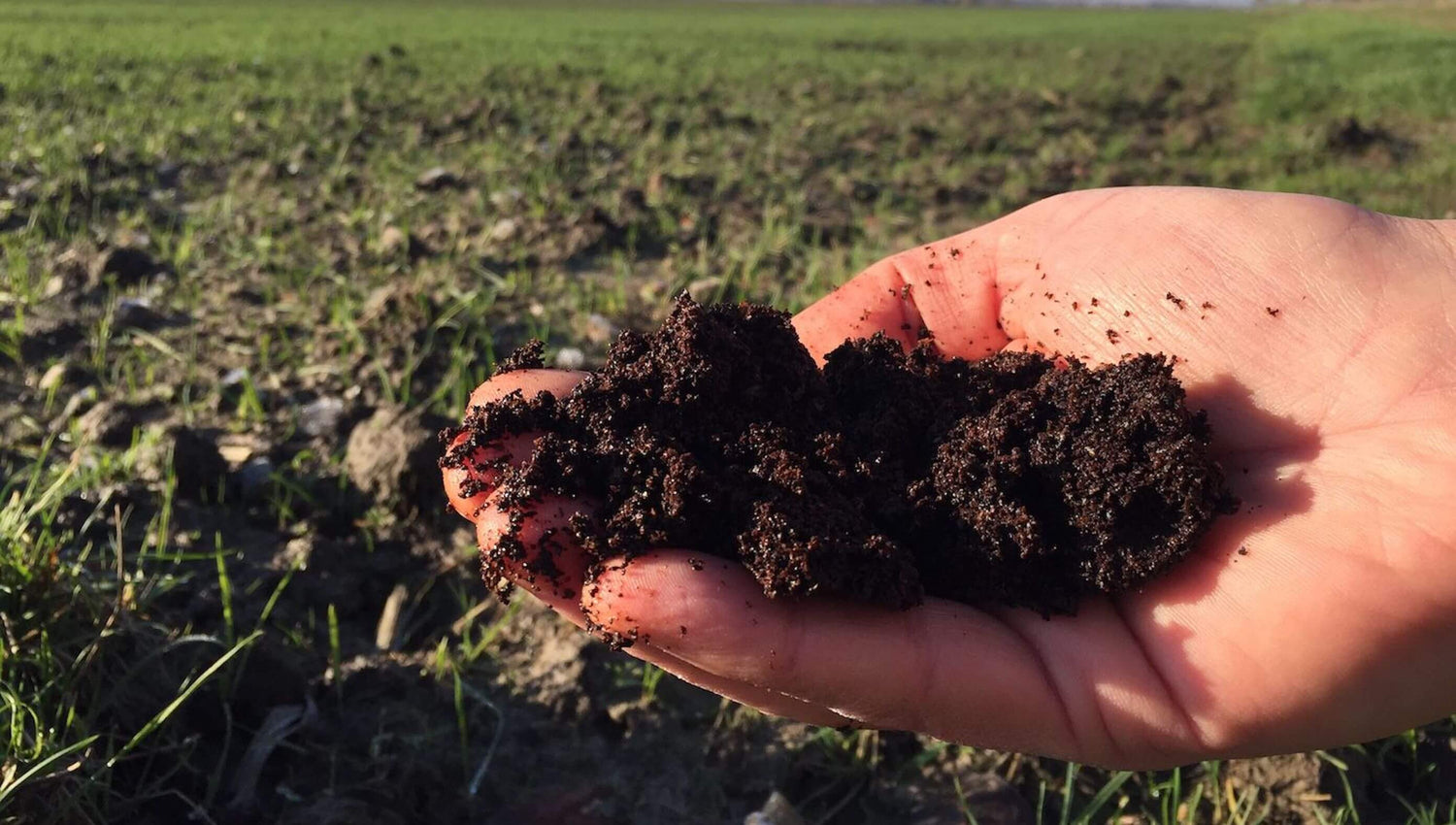
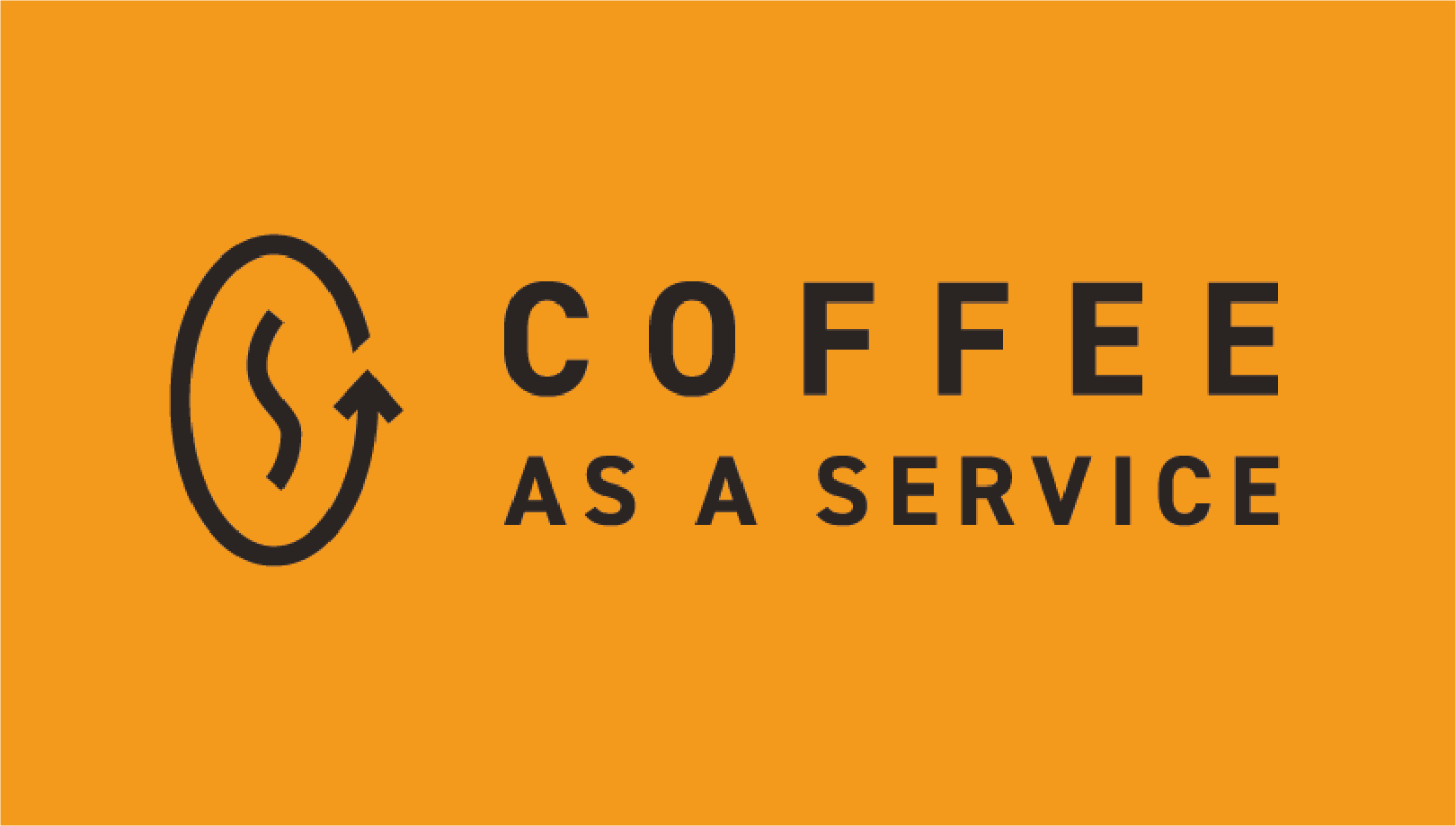
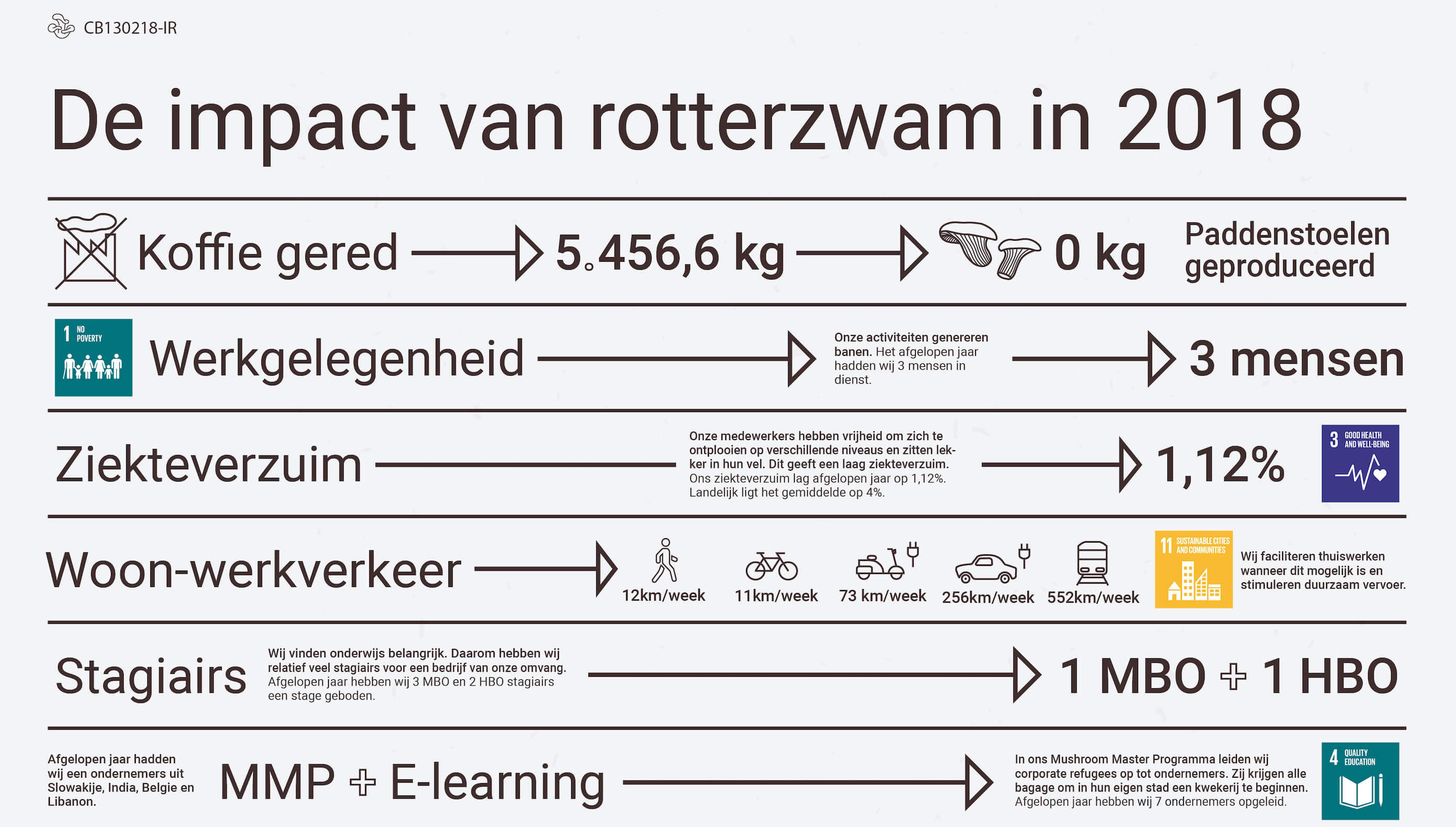
1 comment
Frans vlaanderen
Als ik het zo lees is dit een mooi initiatief, mooi om ook mogelijk te doen op groengebieden van bedrijven en instellingen. Jullie zijn nu ongeveer twee jaar verder, wat is nu tussenstand van dit onderzoek?
Leave a comment
All comments are moderated before being published.
This site is protected by hCaptcha and the hCaptcha Privacy Policy and Terms of Service apply.